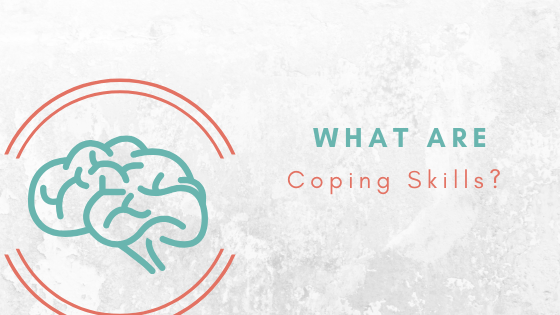What are Coping Skills?
What are Coping Skills?
Coping skills is a term thrown around frequently, especially among the therapeutic community. What are coping skills and how do we use them?
What are coping skills?
Coping skills cover a variety of things that we can do to help ourselves through a variety of feelings, emotions, and mental states. This includes: stress, anxiety, depression, anger, and more.
Coping skills vary widely, as they are very unique to each person. With this being said, one person’s go-to coping skill may not be helpful at all to someone else.
What are examples of coping skills?
However, there are some very common coping skills that are popular among a lot of people. These include:
Taking deep breaths
Taking deep breaths and counting to ten are an easy and convenient coping skill, as we are able to access it anytime, anywhere. Focusing on our breathing and making an effort to take slow, deep breaths helps us to slow down and center ourselves.
Listening to music
Ever gotten in the car and blasted your favorite songs after a bad day? That is an example of using a coping skill! Many of us connect to the emotions of the song that we are listening to and in time, we are able to unwind with our favorite jam.
Talking to a close friend, loved one, or other trusted person
Sometimes, we need to just vent. Connecting with someone who we trust and letting out some steam is a great way to help ourselves through a situation and to gain more clarity on the issue at hand.
When would we use coping skills?
Coping skills can, and should, be used throughout daily life. Whether you had a stressful day or a major life event, coping skills help us to stay grounded, in the moment, and able to deal with whatever comes our way.
How to find out what coping skills work for you:
The process of discovering the coping skills that work best for you is a personal process that sometimes takes a bit of trial and error. To start, think about the things that you usually do first after a long and stressful day. Do you read? Write? Exercise? Eat a bar of chocolate? Find out what it is that you usually do and then decide whether it is a helpful thing to do or something that is not so helpful.
From there, continue down the list and brainstorm things that you think can help you. Write these down and try each one out the next time you are feeling down. Star the ones that help you the most and scrap the ones that aren’t helpful. As time goes on, this ongoing list is something that you’ll be able to keep on hand to use whenever you need it.

